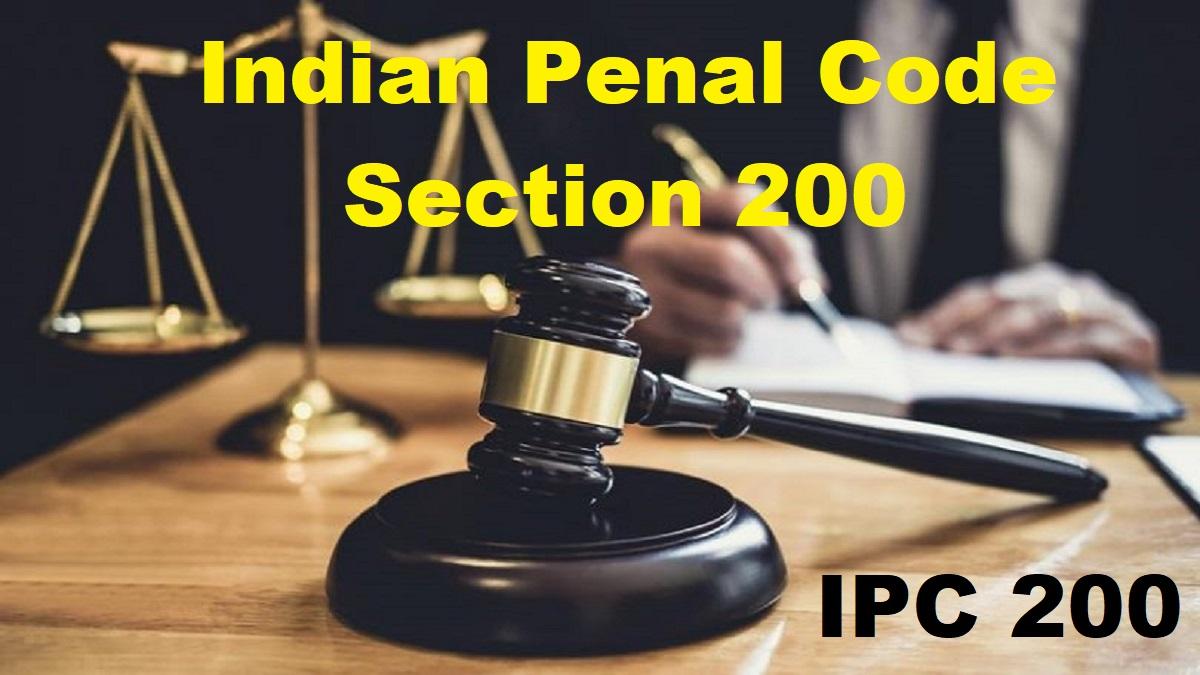Direct, Indirect, and Excise Taxes in India
25-Feb-2025

Section 200 of the Indian Penal Code (IPC), 1860 deals with the offense of using false declarations knowingly in legal proceedings. This provision is intended to prevent fraudulent statements from influencing judicial decisions.
"Using as true such declaration knowing it to be false.—Whoever knowingly uses as true any declaration which he knows to be false and which declaration is by law receivable as evidence, shall be punished in the same manner as if he gave false evidence."
Use of a Declaration
Declaration Must Be False
Knowledge of Falsity
Receivable as Evidence
Since this offense relates to giving false evidence, the punishment is the same as perjury (Section 193 IPC):
The punishment may vary based on the gravity of the case and whether it affects a judicial decision.
| Section | Provision | Key Difference |
|---|---|---|
| Section 191 IPC | False evidence (Perjury) | Covers making false statements under oath. |
| Section 192 IPC | Fabrication of false evidence | Covers creating false documents or misleading evidence. |
| Section 200 IPC | Using a false declaration as true | Covers using knowingly false declarations as evidence. |
Ram Chandra v. State of Uttar Pradesh (1957)
Chandrika Singh v. State of Bihar (2001)
Section 200 IPC ensures that false statements and fraudulent declarations do not affect legal proceedings. By punishing those who knowingly use false declarations, the law safeguards the integrity of the judicial process. However, proving intent and falsity beyond reasonable doubt is crucial for conviction under this section.